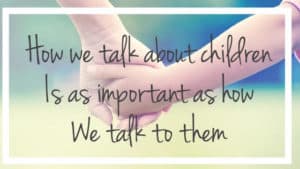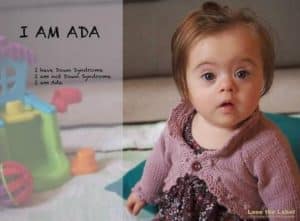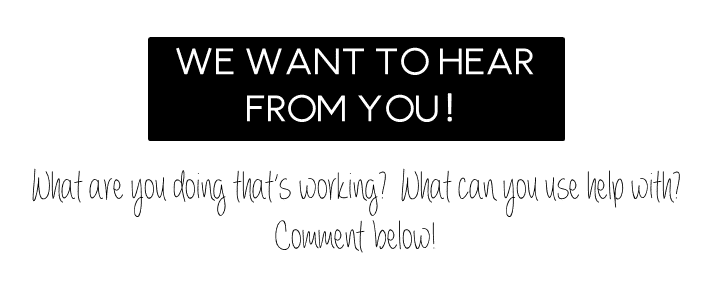We Are All People First

The director of my very favorite preschool on earth used to say “Normal is a setting on the washing machine.” There really are no “normal” kids, so if you’ve entered into the teaching profession thinking that you’re only going to teach the “typically developing” kids, it won’t take long for you to discover that kids with learning differences are in every class. Sure, some of them are just quirky or may take a little longer to pick up on concepts, but at some point, you will have a child in your class who has a diagnosed learning difference or disability. The thing is, though a diagnosis may change the way we teach kids, it shouldn’t change the way we treat them, and their diagnosis shouldn’t define who they are. We as teachers have a lot of control over how a child is perceived and how they perceive themselves.
I’m sure none of us would say, “You know that terrible kid in my class?” We wouldn’t say it because it’s rude, it sets the child up for judgment from others, and there is no kid out there who is just bad all the time. Kids, like adults, aren’t all one thing all the time. And we know, as educators, that if we start labeling kids as one thing or another, it can follow that child for years. It can follow them at school, and it can become a script in their head that plays on repeat. So, with all that in mind, have you said or heard someone say, “You know the ADHD kid in my class?” Or what about this, “You know the autistic kid in my class?” Or this, “You know the Down syndrome kid in my class?” All of these statements put the disability before the kid. Think about that for a minute. Is there anyone modifier that could be used to describe exactly who you are to everyone you meet? One thing that would come before your name for the rest of your life? Who would you be?
So let’s not do that. Let’s not put labels before kids.
It’s called person-first language. Basically, it means that we should all try to remember to put people before their disability. Let’s stop saying “the autistic kid.” He’s a kid first, and autism is just one of many things about him that’s important. If you hear someone say, “the Down syndrome kid” kindly remind them that kids are not syndromes. Let’s give people the chance to decide for themselves who a kid is, and let’s give the kid time, too! Because if we can see beyond the delay, beyond the diagnosis, and beyond the disability, what’s left is a little kid who is still becoming the person they’re supposed to be.
Writer’s Note: It has been brought to my attention that some people with disabilities want it to be included in the language used to describe them because they believe that their disability is integral to their identity; they call this “identity first” language. For example, some people with autism want to be called autistic. While I believe that is their right, and it should be respected, for the purposes of this blog, I am writing to teachers of young children who cannot make this decision for themselves. Unless an individual can articulate how they want to be addressed, I believe we should use person-first language.




Thanks for the reminder! I agree.